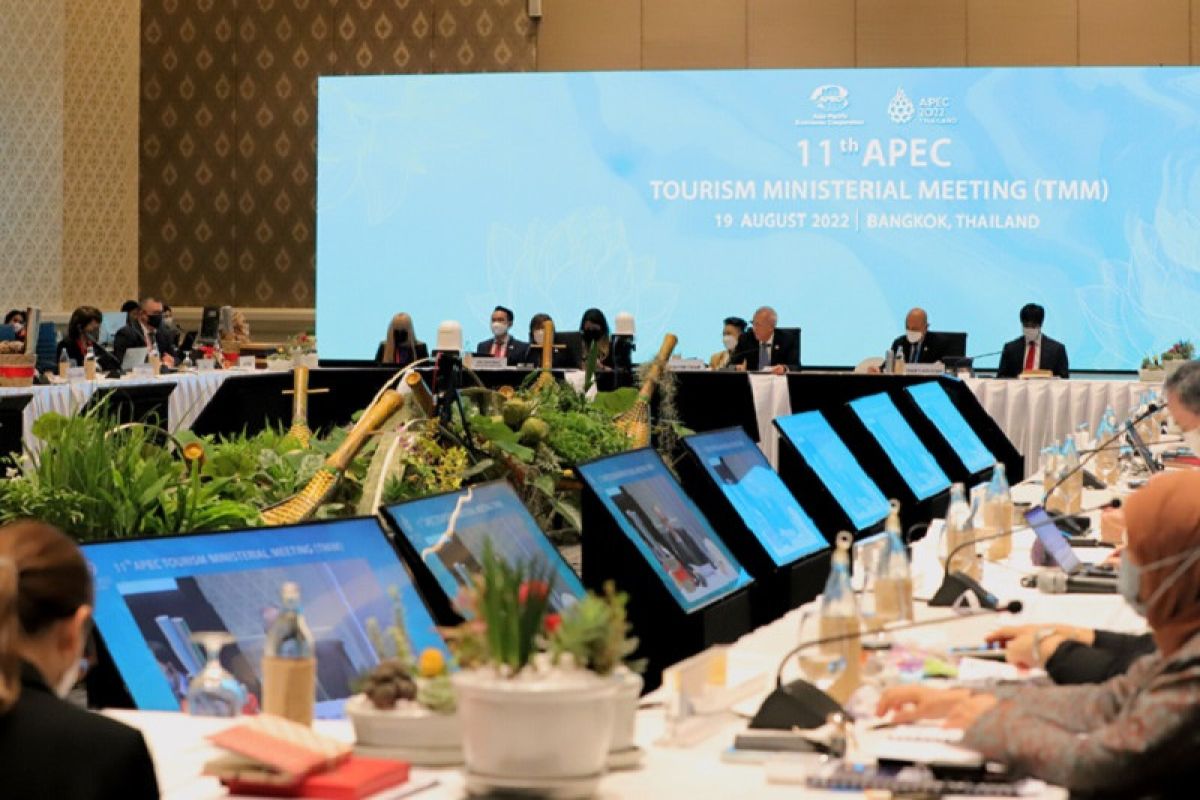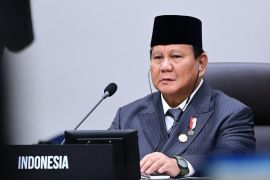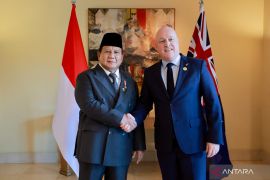According to the World Travel and Tourism Council (WTTC), the travel and tourism industry contributed almost 11 percent to total employment in the region by providing around 162 million jobs in 2019.
This figure dipped during the peak of the pandemic, accounting for just 131 million jobs in 2020 and 138.7 million jobs in 2021, as noted in a release issued by the 11th APEC Tourism Ministerial Meeting and received here on Friday.
Thailand’s Minister of Tourism and Sports Phiphat Ratchakitprakarn said that the havoc wreaked by COVID-19 in the past two years is certainly unprecedented and has viciously impacted the lives of everyone.
"This is especially true with the global tourism industry that has been severely affected by the pandemic," he stated.
"However, through the last couple of years, our relevant agencies have worked hard and are still, until today, working tirelessly to achieve a swift and healthy recovery, as we believe that the lowest point of the economic crisis from the pandemic is now behind us," Minister Phipat said in his opening remarks at the 11th APEC Tourism Ministerial Meeting held in Bangkok.
"It is time for us to get back on track and move towards more positive territory," he affirmed.
Backed by an initial rebound in tourism and travel, Thailand expects to welcome 10 million international tourists this year, thereby boosting its economy, as the sector contributes to around 20 percent of its gross domestic product (GDP).
Minister Phiphat further explained that those making the effort to reopen and revive the tourism and travel industry should take into account its impact on the local destinations and communities.
"Our utmost priority is to transform the tourism sector, so that it gives back more than it takes. This is the core of our meeting today as well as our deliverables," Minister Phiphat stated.
APEC ministers are considering a series of policy recommendations to ensure that the benefits of tourism are distributed fairly among local communities that will elevate their wellbeing and quality of life.
These include policies to facilitate tourism journeys that are sustainable and inclusive from end to end and respectful of local and traditional knowledge; gender-responsive policies to ensure women’s full and equal participation in the tourism sector; and the adoption of technology to help manage all aspects of tourism, such as streamlining visa mechanisms.
"The key to our work this year has been to ensure the safe resumption of travel," Executive Director of the APEC Secretariat Rebecca Sta Maria stated.
Sta Maria further noted that even as the pandemic eases into an endemic status, the work undertaken by APEC will serve as an important guide for preparedness.
"The exchange of information, work towards interoperability of vaccine certificates and initiatives and proposals to facilitate the movement of people across borders in the Asia-Pacific region will stay with us," she affirmed.
"If there is one thing we have all learnt from the pandemic is that tourism is key to economic growth of our region. Hence, facilitating the safe resumption of cross-border travel will continue to feature post-pandemic," she concluded.
Related news: APEC officials seek to address uncertainties, improve resiliency
Related news: APEC region's growth to slow down amid uncertainties, crisis: Report
Related news: Paramount need for APEC to future-proof region from crisis
Reporter: Yuni Arisandy Sinaga
Editor: Sri Haryati
Copyright © ANTARA 2022











